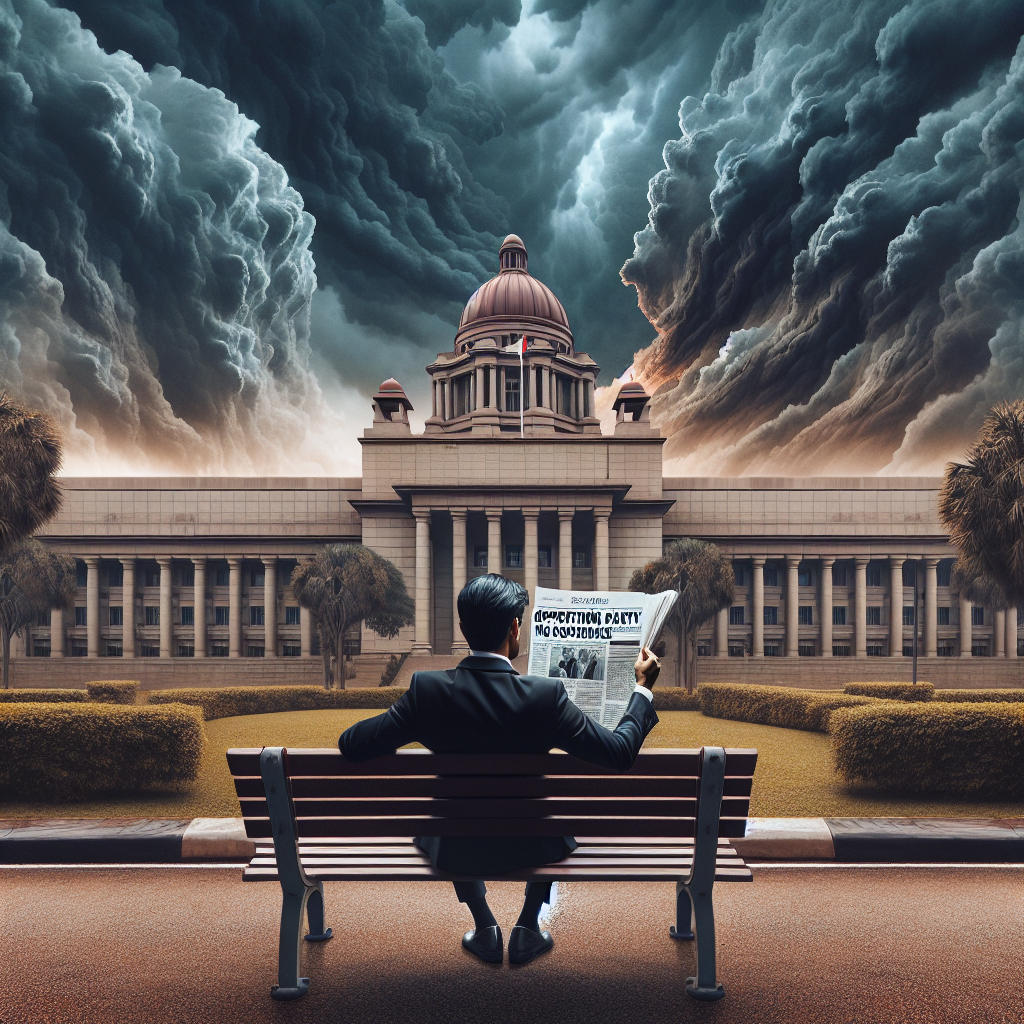Political upheaval can often be a sign of a divided nation, with differing opinions and ideologies coming to a head. In recent days, the opposition party has called for a vote of no confidence in the current government, leading to increased tension and uncertainty in the political landscape.
The call for a vote of no confidence typically signals a lack of faith in the current leadership and a desire for change. In this case, the opposition party has cited multiple reasons for their lack of confidence in the government, including accusations of corruption, mismanagement of funds, and failure to address pressing social issues.
The opposition party believes that a change in leadership is necessary to address these issues and make progress on important policy initiatives. They argue that the current government has failed to deliver on its promises and has lost the trust of the people.
The call for a vote of no confidence has sparked controversy and debate among politicians and citizens alike. Supporters of the government argue that the opposition party is simply trying to gain power through underhanded tactics, while critics of the government believe that a change in leadership is necessary to move the country forward.
The outcome of the vote of no confidence remains uncertain, but one thing is clear: political upheaval is a sign of a nation at a crossroads, where the future direction of the country is up for debate. Regardless of the outcome, it is clear that change is on the horizon, and the people will ultimately have the final say in the direction of their country.
As the debate rages on, it is important for all parties involved to engage in constructive dialogue and respect the democratic process. Only through open and honest communication can a nation move forward and address the challenges that lie ahead. Ultimately, the people’s voices must be heard, and their will must be respected, in order to create a more just and equitable society for all.


